Islamic Economic Areas (e-Bachelor, Trade)

Islamic Economic Areas (Bachelor of Science in International Trade, e-learning, first semester, second year)
| Bachelor of Science in International Trade |

Arab, Central Eurasian and Maghrebian Islamic Economic Area.
Syllabus of the Program: Arab Economic Area
- Introduction to the Arab Economic Area
- Islam as the unifying factor of the Arab Economic Area
- Economic Profile of the Arab Markets
- Businessmen of the Arab Economic Area
- Interactions of the Arab Economic Area with the other economic areas
- Economic Organizations related to the Arab Economic Area
Objectives:
- To define the economic characteristics of the Arab Economic Area
- To understand the influence of Islam on the Arab Economic Area
- To know the economic profile of the Arab Markets
- To understand the processes of Arab economic integration
- To analyze the main Arab Businessmen
- To explore economic relationships with the others economic areas
- To analyze the main Economic Organizations related to the Arab Economic Area
Syllabus of the Program: Maghrebian Economic Area
- Introduction to the Maghrebian Economic Area
- Islam in the Maghrebian Economic Area
- Economic Profile of the Maghrebian Markets
- Businessmen of the Maghrebian Economic Area
- Logistics in the Maghreb
- Interactions of the Maghrebian Economic Area with the rest of the African economic Areas
- Interactions of the Maghrebian Economic Area with other economic
- Economic Organizations related to Maghrebian Economic Area
Objectives:
- To understand the influence of Islam on the Maghrebian Economic Area
- To define the economic characteristics of the Maghrebian Economic Area
- To know the economic profile of the Maghrebian Markets
- To understand the processes of Maghrebian economic integration
- To analyze the main businessmen in the Maghreb
- To explore economic relationships with the others economic areas
- To analyze the main Economic Organizations related to Maghrebian Economic Area
Syllabus of the Program: Central Eurasian Economic Area.
- Introduction to the Central Eurasian Economic Area
- Islam as the unifying factor of the Central Eurasian Economic Area
- Economic profile of the markets of Central Eurasia
- Interactions of the Central Eurasian Economic Area with the other economic areas
- Economic Organizations related to the Central Eurasian Economic Area
- Businessmen of the Central Eurasian Economic Area
Objectives:
- To define the economic characteristics of the Central Eurasian Economic Area
- To know the economic profile of the countries of Central Eurasia
- To understand the Economic Integration process in Central Eurasian Economic Area
- To analyze the personalities of the top Businessmen of Central Eurasia
- To know the economic relations with the other Economic Areas of different civilizations
- To analyze the main Economic Organizations related to the Central Eurasian Economic Area
- To understand the influence of Islam on Central Eurasian Economic Area
Samples:
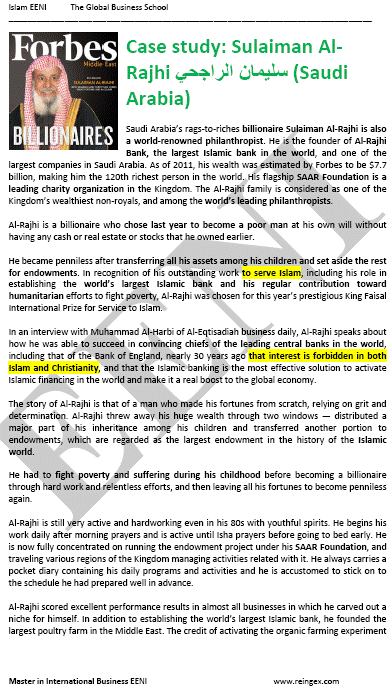
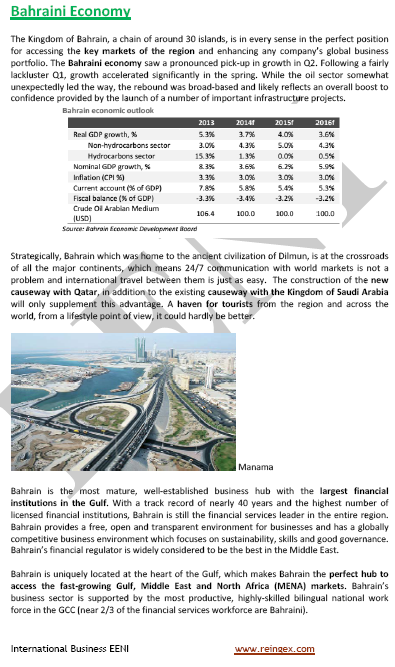
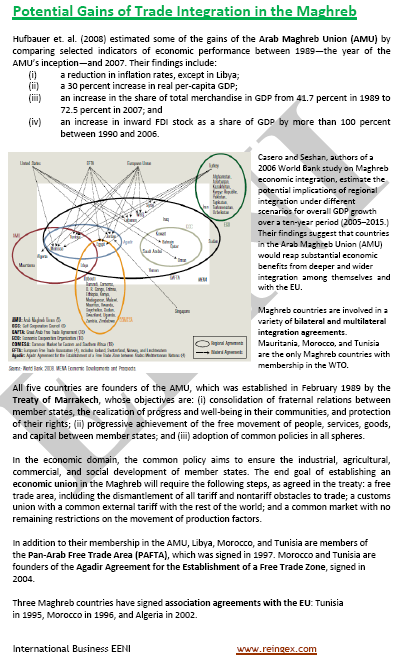
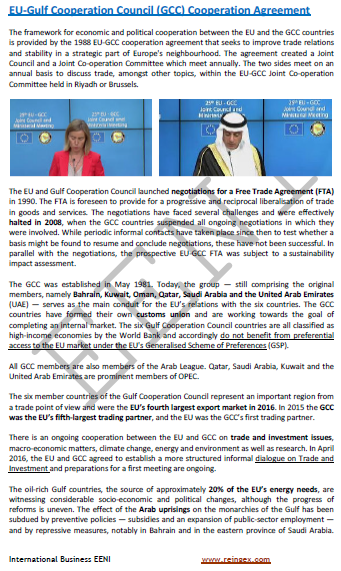
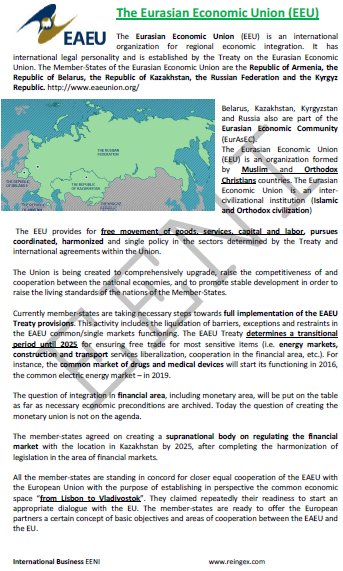
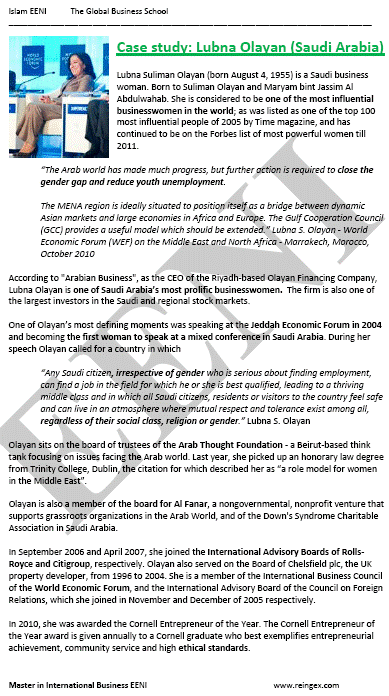
Languages:  or or
or or  EENI
EENI  EENI
EENI  EENI.
EENI.
(c) EENI Global Business School (1995-2024)
We do not use cookies
Top of this page

